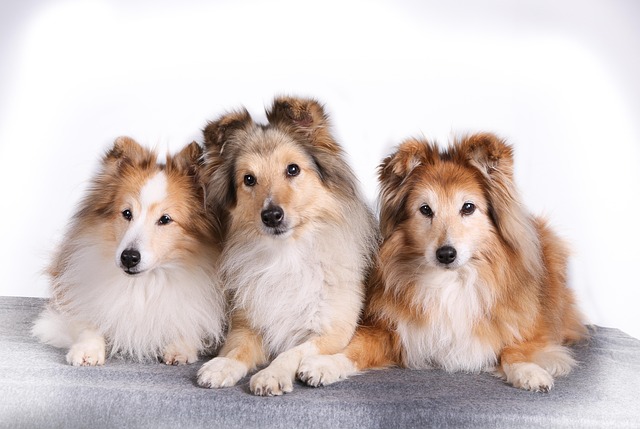
How do i train my dog to be obedient?
Watching your dog dart across the park ignoring your calls isn’t just frustrating—it can put them at risk near busy streets or public spaces.
Training a German Shepherd effectively starts with understanding their inherent traits—intelligence, loyalty, and a strong desire to work. These dogs thrive on structure, but harsh corrections or one-size-fits-all tactics often backfire, leading to anxiety or stubbornness. Instead, focus on positive reinforcement: rewarding desired behaviors with treats, praise, or a favorite toy creates a bond built on trust, which is key for this breed.
Consistency is non-negotiable. A German Shepherd learns quickly, but mixed signals confuse them. If you allow jumping on guests one day and scold it the next, they’ll struggle to grasp the rule. Set clear boundaries from puppyhood—whether it’s not chewing furniture or responding to “sit” on the first command—and enforce them calmly every time.
Socialization matters as much as obedience. Expose your Shepherd to different people, animals, and environments early, ideally between 3 and 14 weeks. Take them to busy parks, let friendly strangers pet them, and introduce them to cats or small dogs under supervision. This prevents fear-based aggression, a common issue in under-socialized Shepherds. Plus, many localities in Europe and the U.S. have laws requiring dogs to be well-behaved in public, so social skills aren’t just about temperament—they’re about compliance.
 Incorporate mental stimulation into training sessions. Shepherds get bored easily, and boredom leads to destructive behavior. Mix obedience drills with puzzle toys, scent games, or agility exercises. A 15-minute session teaching “down-stay” followed by a game of hide-and-seek with their favorite ball keeps their mind engaged and reinforces your role as leader.
Incorporate mental stimulation into training sessions. Shepherds get bored easily, and boredom leads to destructive behavior. Mix obedience drills with puzzle toys, scent games, or agility exercises. A 15-minute session teaching “down-stay” followed by a game of hide-and-seek with their favorite ball keeps their mind engaged and reinforces your role as leader.
Remember legal obligations. In places like Germany, the Animal Welfare Act mandates proper training to prevent harm to others, while cities like New York require leashing in public spaces. Failing to train basic commands like “come” could result in fines if your dog runs into traffic or approaches someone uninvited. Training isn’t just about a well-behaved pet—it’s about following the law.
End each session on a positive note. Even if progress is slow, finish with a trick they know well, like “shake,” and shower them with praise. This leaves them eager for the next session. Over time, this approach turns training into a bonding ritual, transforming your German Shepherd from a strong-willed puppy into a confident, obedient companion who fits seamlessly into your life—and the rules of your community.

Watching your dog dart across the park ignoring your calls isn’t just frustrating—it can put them at risk near busy streets or public spaces.

New puppy owners often find themselves rushing to clean up accidents before they set in, and that’s where puppy pad training becomes a game-changer.

If you've noticed your dog's waistline disappearing and your veterinarian has mentioned those few extra pounds, your first instinct might be to simply reduce the amount of food in their bowl.

Training a dog to use a designated spot indoors isn’t as daunting as many new owners fear, but it does take consistency and an understanding of your pet’s needs.

That moment of dread on a walk is all too familiar for many new dog owners. You see another dog approaching down the sidewalk of your neighborhood

If the sight of another dog on your neighborhood walk makes your heart sink as your own dog erupts into a frenzy of barking and lunging, you're not alone.